
All categories
Featured selections
Trade Assurance
Buyer Central
Help Center
Get the app
Become a supplier

(529 products available)







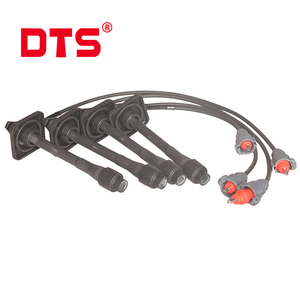

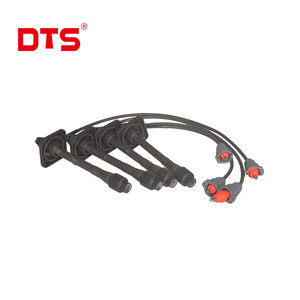
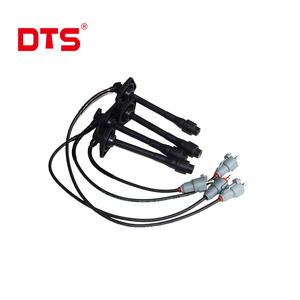

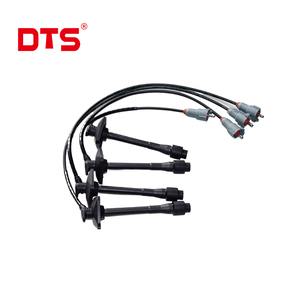

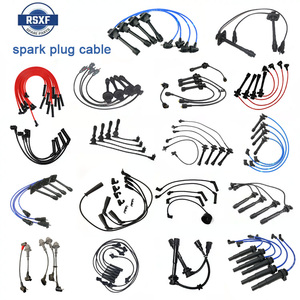
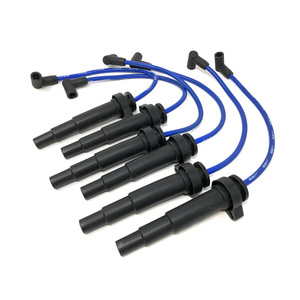



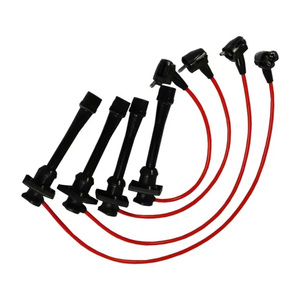









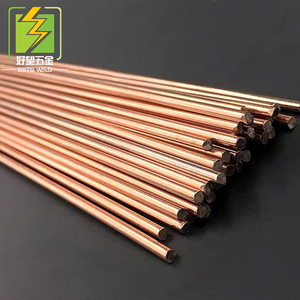
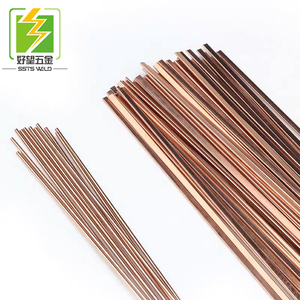
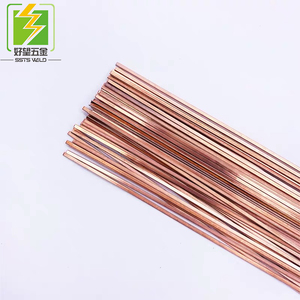
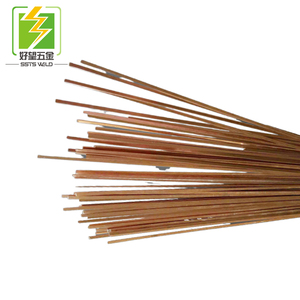














Resistor spark plug wires are manufactured in various types. They include the following:
These wires have an inner core made of thin steel strands. Often, they provide flexibility, making them great for extreme conditions. The spiral core is accompanied by a resistive material, commonly silicone. It is worth noting that this construction minimizes electromagnetic interference (EMI) while allowing good power transfer. Generally, spiral core wires are favored in high-performance applications. This is where the vehicle needs to balance power output and suppress EM. Often, they are used in racing or modified engines. In such cases, they deliver both performance and interference control.
Usually, these wires comprise a single solid metal core. Ideally, it tends to be copper or aluminum to transmit electricity decisively. Also, they offer minimal resistance. Therefore, they are ideal for applications that need maximized energy transfer with little power loss. Commonly, solid-core wires find their way into classic cars and vintage vehicles. These are vehicles that require authenticity and simplicity in wiring.
Features a core that is made up of braided metal strands. Normally, this design allows flexibility and decent conductivity. In addition, the braided configuration helps reduce resistance compared to solid core wires. Nonetheless, it is less effective than a spiral core in reducing EMI. Usually, braided wires are used in applications that prioritize flexibility alongside moderate performance. Also, they are suitable for older models needing efficient yet pliable spark plug wires.
These wires consist of a steel core with a spiral resistance wire integrated into its structure. Usually, this design is intended to curtail electromagnetic interference while facilitating minimal resistance to electrical flow. Furthermore, racetrack wires are manufactured to endure the demanding conditions of high-performance racing engines. Thus, they are ideal for competition settings. Frequently, these wires are made with heat-resistant materials. This includes silicone that guarantees flexibility and durability amidst elevated temperatures. In professional racing, where dependability and performance are essential, these wires are regularly found.
Choosing the right resistor spark plug wires is crucial for business owners. Here are some tips to help them with this process:
To ensure quality and reliability, one needs to consider established brands that have a history of producing high-performance spark plug wires. Normally, brands known for innovation and customer satisfaction ought to be preferred. This is because they usually offer a product warranty or guarantee. This acts as a safety net that promotes customer confidence. Therefore, choosing reputable brands can save one from potential issues down the line.
Typically, stock wire lengths are sufficient for normal car usage. But stock plugs may also require additional protection against radio interference. Therefore, it is advisable for business owners to measure the distance between the ignition coil and the spark plug. This way they will ensure the wires have the right fit. Also, considering adjustable lengths would help one accommodate different car models and sizes. This would ensure there is versatility and ease during installation.
Normally, the spark wires chosen must be compatible with the vehicle's make, model, and year. Usually, businesses should consult manufacturer specifications. This helps them determine the required wire gauge and resistor value. Additionally, they should note the particular engine type. Anyway, both stock and performance wires can work with either type to ensure optimal performance.
Usually, high-quality insulation plays a vital role in the longevity of the spark plug wires. Often, businesses should look for options with durable materials. Such options include silicone or EPDM rubber. These are capable of withstanding extreme temperatures and resist abrasion. Additionally, good insulation prevents electromagnetic interference. This protects other electronic components in the vehicle.
Commonly, one must consider the intended usage of the wires. For instance, high-performance vehicles or those used in extreme conditions should have high-quality aftermarket wires. Additionally, for standard vehicles, OE or standard replacement wires are suitable. Regularly, people using vehicles for racing demand spark plug wires with superior conductivity. Those using cars for regular use can tolerate average resistance.
| Features | Performance & Standard Spark Plug Wires | |
|---|---|---|
| Resistance Spark Plug Wires | Non-Resistance Spark Plug Wires | |
| Conductivity | Usually, they have higher resistance. Hence, they reduce electromagnetic interference. | Maximally, they offer inferior resistance. Therefore, high conductivity. Also, minimal power loss. |
| Insulation | Often, they come with enhanced insulation. Usually, they are preferred for high-temperature environments. | Occasionally, they have standard insulation. They are meant for regular use environments. |
| Cost | Often, they are slightly more expensive due to added technology. | Standard models are more budget-friendly. They are cheaper. |
| Installation | Commonly, they come with straightforward installation procedures. | They have more flexible, yet complex installation processes. |
| Durability | Regular resistance wires are more durable under extreme conditions. | Standard wires have durability under average conditions. |
| Applications | Often, they are used in modified and racing vehicles. | Usually, they are used in most stock vehicles. |
Resistance spark plug wires are mainly designed for high-performance engines. These include racing cars. Normally, such applications require minimal electromagnetic interference. This helps avoid signal disruption in sensitive electronic systems. Also, these wires usually feature a resistive core. Commonly, it acts as a dielectric barrier to limit current flow. This reduces electrical noise that can interfere with engine performance.
On the flip side, non-resistance spark plug wires are mainly intended for standard engine applications. Usually, these settings do not have advanced electronic systems that are sensitive to electromagnetic interference. Instead, they focus on delivering maximum current to the spark plugs. This ensures proper ignition and engine functionality. Often, they include classic cars or construction vehicles where simplicity and reliability take center stage.
Resistance spark plug wires normally use a resistive material. This includes a copper alloy or stainless steel as a core to reduce electrical conductivity. This reduction helps minimize electromagnetic interference. Also, it protects sensitive vehicle components. Regularly, these wires are manufactured with high-quality silicone insulation. This allows them to withstand extreme engine temperatures. Thus, promoting durability.
On the contrary, non-resistance spark plug wires typically have a solid copper or aluminum core. This is because they prioritize electrical conductivity. It helps in passing the electric current with less resistance. Therefore, more energy reaches the spark plugs for optimal combustion. Usually, these wires come with standard rubber insulation that suffices for regular operation under normal temperature conditions.
Maintaining spark plug wire testers helps in ensuring long-lasting performance. Here are some tips to help users maintain these spark plug wires:
Generally, wires should not be excessively tight on the distributor or plug terminal. Usually, over-tightening causes wire core damage. This leads to reduced conductivity. Also, excessive tightness can damage the insulation. This leads to electrical leakage. Therefore, installers should ensure the wires have a secure but not an overly tight fit during maintenance.
Users should frequently and thoroughly examine the spark plug wire’s reluctance for visible wear. This includes cracks, fraying, or any other form of deterioration. Often, heat, wear, and age can cause such damage to the wires' consistency. In addition, any sign of physical damage reduces wire effectiveness. Therefore, during this inspection, users should check for signs of corrosion on terminals and connectors.
Usually, securing clips or brackets are manufactured to keep wires in place. Therefore, it is important to check whether they are intact during maintenance. Also, users should tighten any loose clips and replace any worn or broken ones. In addition, securing wires prevents unnecessary movement. This minimizes friction and helps wires in routes away from hot engine parts.
Expose wires to oil and grease residues. Ideally, this can lead to insulation degradation over time. In addition, wires can become slippery, making it hard for mechanics to grip and remove them during repairs. Normally, this residue comes from engine parts. Business owners should always clean the wires using appropriate cleaning agents. They should avoid any damaging wire material.
Usually, wires should be treated carefully during installation and removal. Also, excessive force or bending may cause internal damage. This does not have visible signs on the outside. Moreover, misuse leads to wire failure. Ultimately, using a wire pull by the plug instead of pulling by the cable will minimize tension along the wire's length.
A1. Resistor spark plug wires reduce electromagnetic interference in a vehicle. Thus, ensuring efficient engine performance.
A2. These wires are made from copper, stainless steel, and silicone. They help generate resistive heat for durability.
A3. Yes. Because they are ideal for modified engines and standard cars. As a result, they are suitable for all types of vehicles.
A4. Yes, people should regularly check these wires for visible signs of wear. In addition, maintenance ensures long-lasting performance.